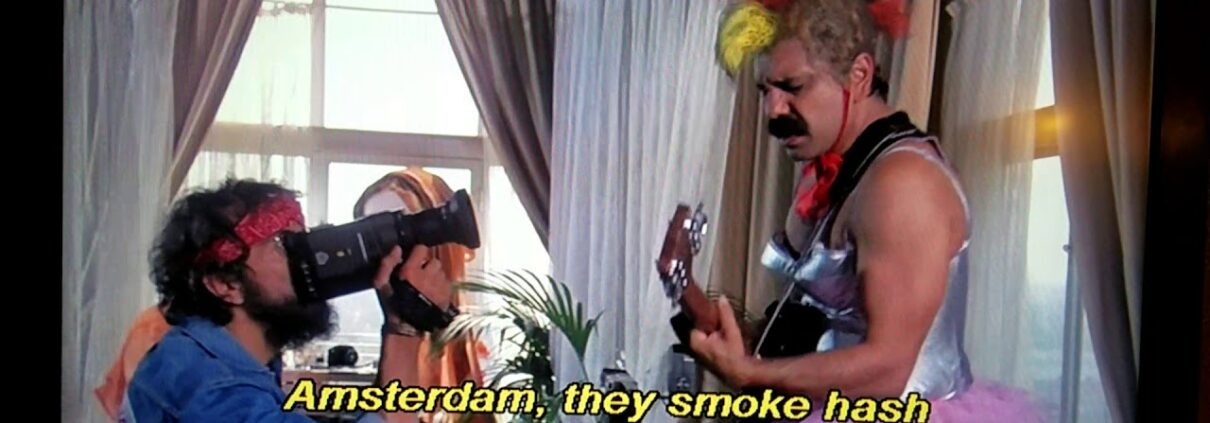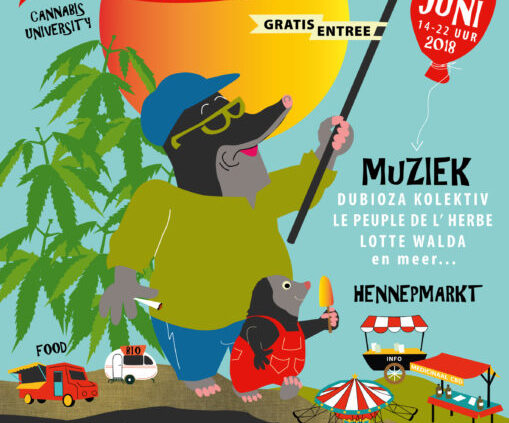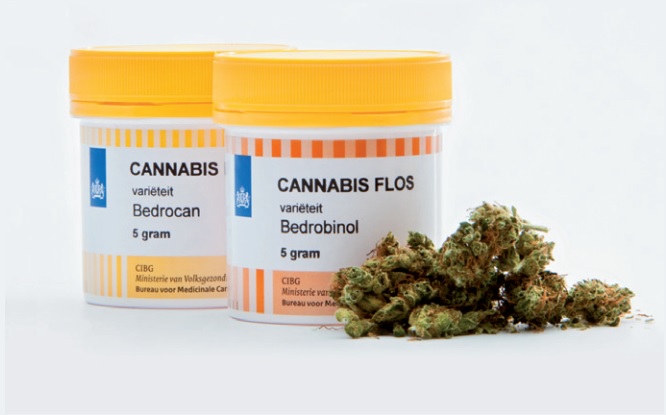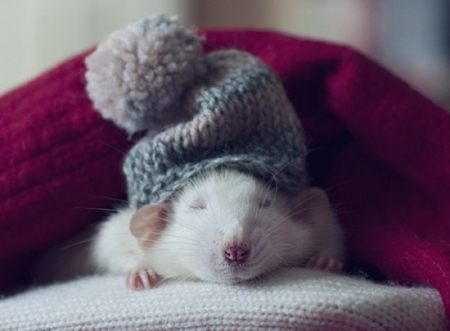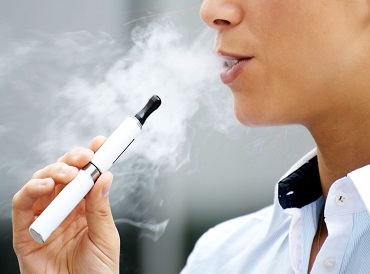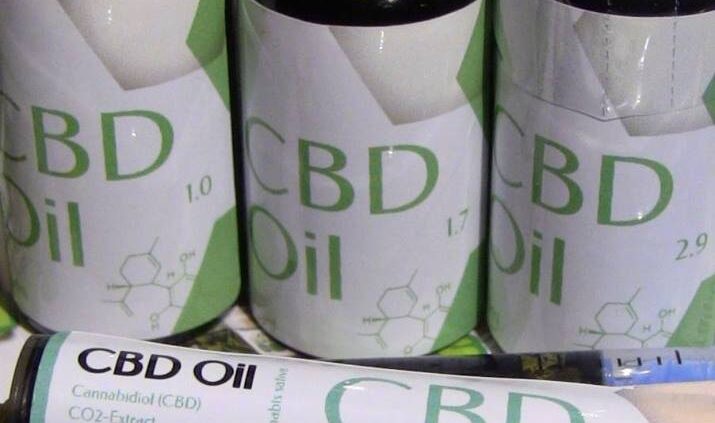When doctor Van Ommeren is called during his night shifts, he must make a quick analysis. Does it sound urgent or can it wait a while? Then he cycles to the tourist’s residence, often in the centre of Amsterdam.
His medical service for international visitors has been around for three years now. After having worked in Australia for two years, Van Ommeren returned to the Netherlands and founded HotelDoc.
In a recent interview with newspaper Parool, Van Ommeren says that “a large part of the job consists of the classic cases for a general practitioner: stomach flu, airway complaints but also – what else – cannabis.”
Space cake is usually the culprit. According to the doctor, it is striking that it is often middle-aged people make the mistake of eating too much. “They want to try some but they’re not accustomed to much [of it’s effect]. They panic, get palpitations and think they’re dying. Yesterday I was with a patient who had eaten space cake and engulfed the entire bathroom in puke. It came up to the ceiling. It didn’t help that the partner also ate space cake and was also panicking, with one inflicting the other. The only thing I can do is reassure them. Then I do a few small tests, such as measuring blood pressure. It’s not medically necessary, but it helps to reduce the panic. I only leave when they are calmed down. Usually I say: tomorrow you will laugh about it.”

